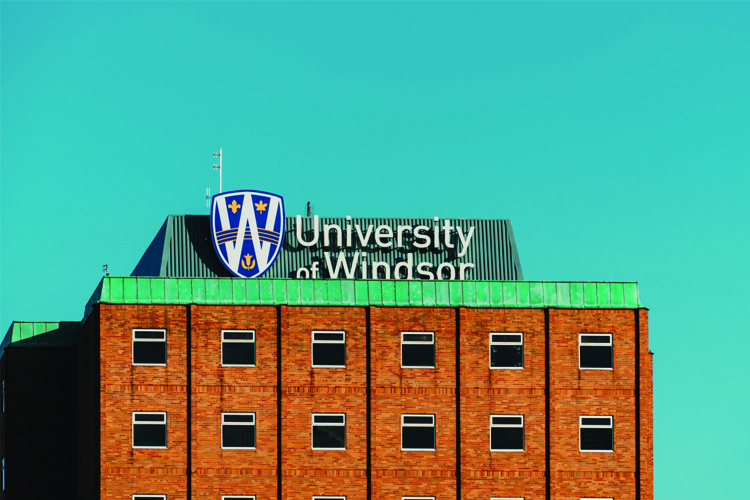Purchasing rental homes like those around the University of Windsor and St. Clair College is a great method to earn passive income. Even though it has the potential to be very profitable, there are some dangers and difficulties to be aware of. It's important to consider the advantages and disadvantages of real estate investing before deciding if buying rental properties is right for you. Here's a closer look at some of the benefits and drawbacks of rental property investing.
1. Steady Income Stream
The possibility of a consistent revenue stream is among the most appealing advantages of investing in rental homes. When properly maintained, rental properties can be a dependable source of revenue and can be a great supplemental income to your full-time job.
2. Long-Term Appreciation
Over the long run, property values will virtually always increase, it is what makes real estate an excellent long-term investment. Even though the real estate market is subject to swings, the long-term outlook is almost always increased value and if you decide to cash out and sell, you would be see those financial gains in addition to your accumulated income from above.
3. Diversification
Investing in rental properties can be a great way to broaden your investments. The low correlation between real estate and other typical investments mean that it can perform differently in different market conditions.
1. High Upfront Costs
One of the major drawbacks of investing in rental properties is the high upfront costs. A substantial amount of capital is required to purchase a property, including the down payment, closing costs, and any immediate repairs or renovations needed to make the property rentable. Don't forget you will ongoing expenses such as maintenance and upkeep, insurance, and property management if you choose to outsource that.
2. Vacancy Risk
The possibility of vacant spaces is one of the dangers associated with leasing properties. If your property is empty for an extended period, you will still be responsible for mortgage payments, property taxes, and maintenance costs without the benefit of rental income. Knowing the rental market and demand in your area is crucial for avoiding vacant spaces.
3. Market Fluctuations
Real estate can appreciate over time, but it is also subject to market fluctuations. Property values and rental income can be affected by economic downturns, changes in the local job market, or an oversupply of rental properties. If the market takes a downturn, you may find it challenging to sell the property or be forced to sell at a loss. It's important to be prepared for potential market volatility when investing in real estate.

Before investing in rental properties, it’s important to carefully evaluate your financial situation, investment goals, and willingness to take on the responsibilities of being a landlord. If done correctly, rental property investment can be a profitable and rewarding venture, but it’s not without its risks. By understanding the pros and cons, you can make an informed decision that aligns with your long-term financial strategy. Here at Jump Realty our agents will give you honest advice on what course of action is best for you in their professional opinion and will always put taking care of your best interests first! With offices in Windsor, Tecumseh, Kingsville, LaSalle, Harrow, and Chatham, no matter where you are, a Jump agent is ready to help. Please contact us for any housing needs and let us give you a better real estate experience!
